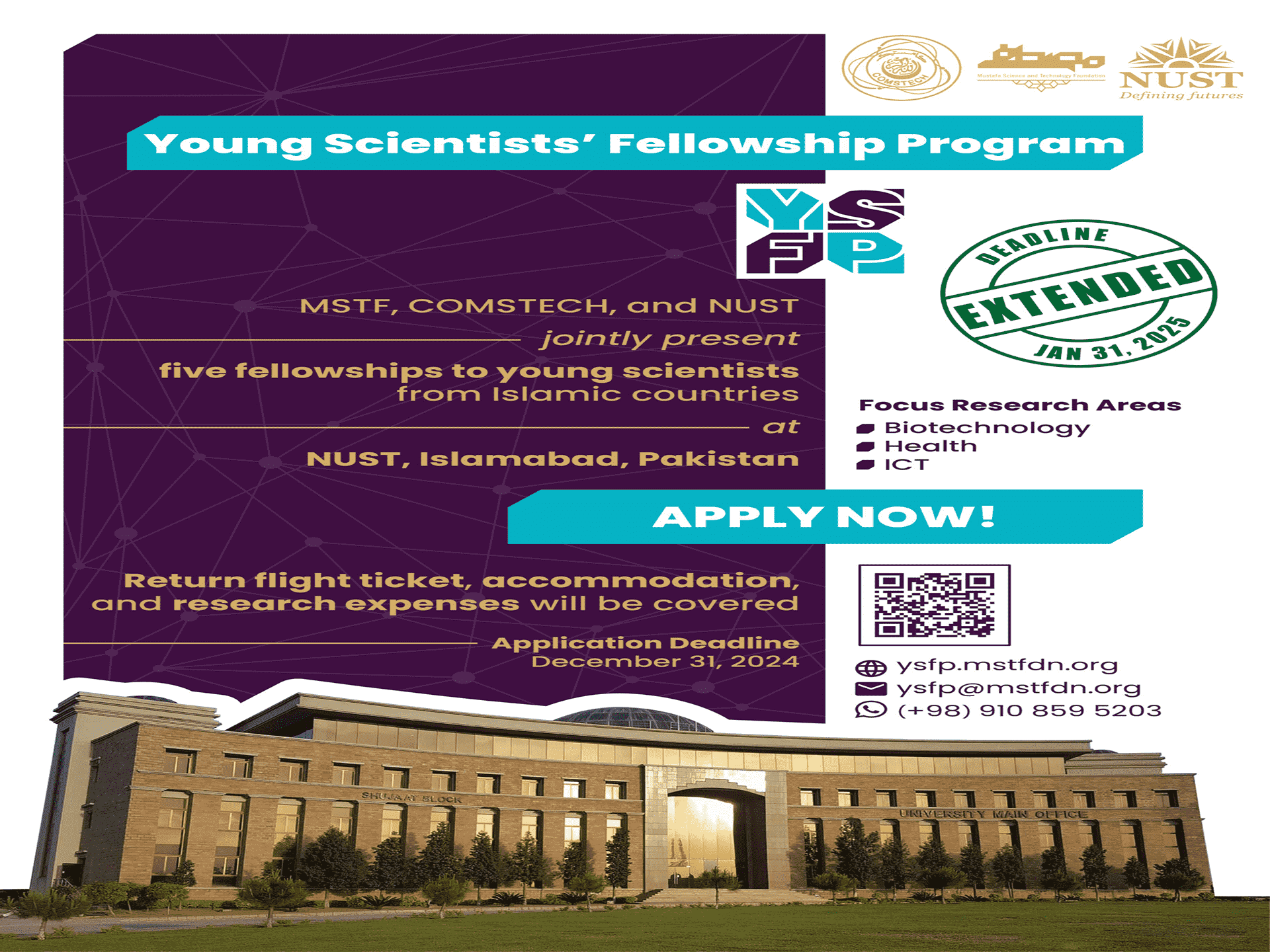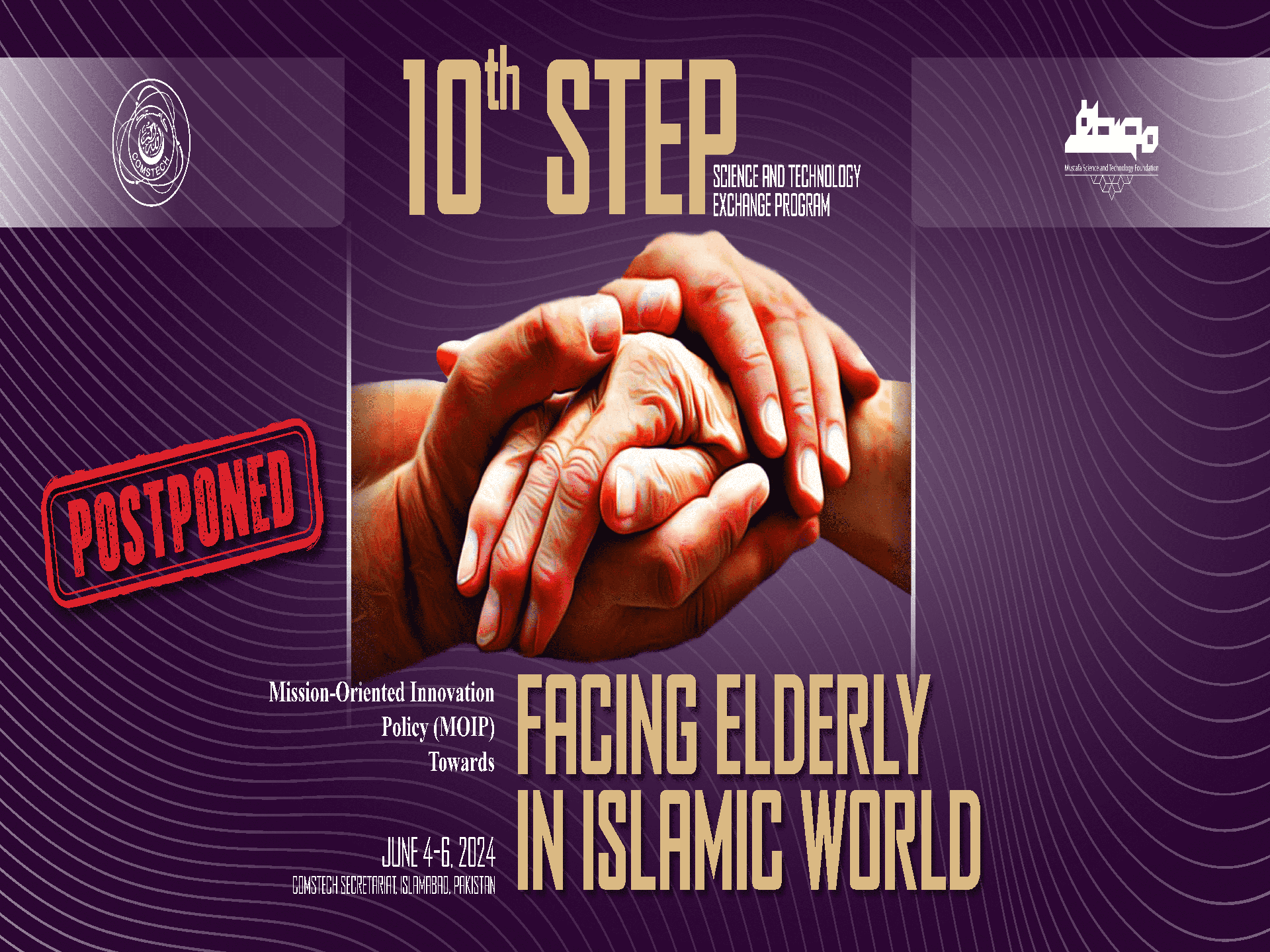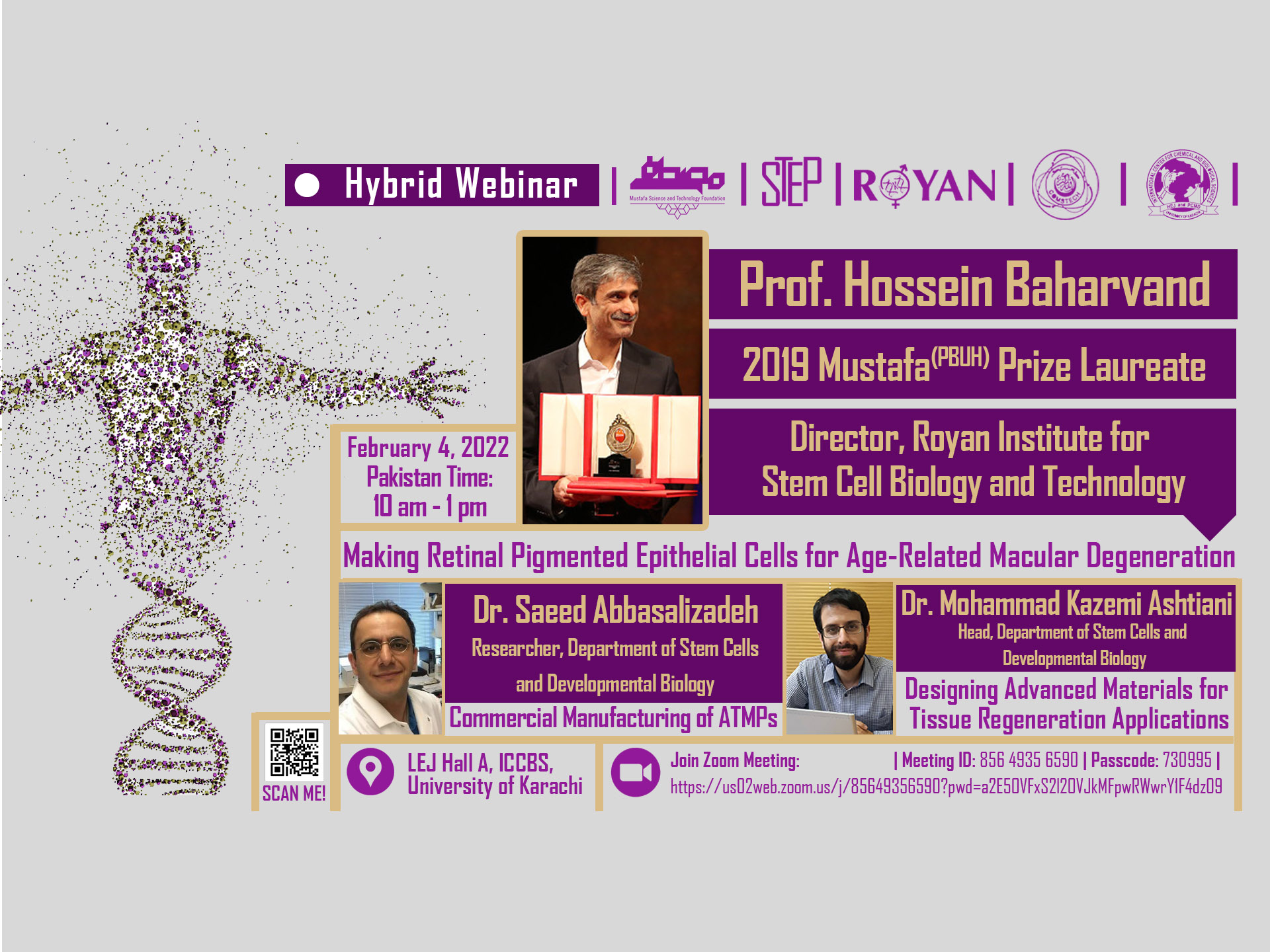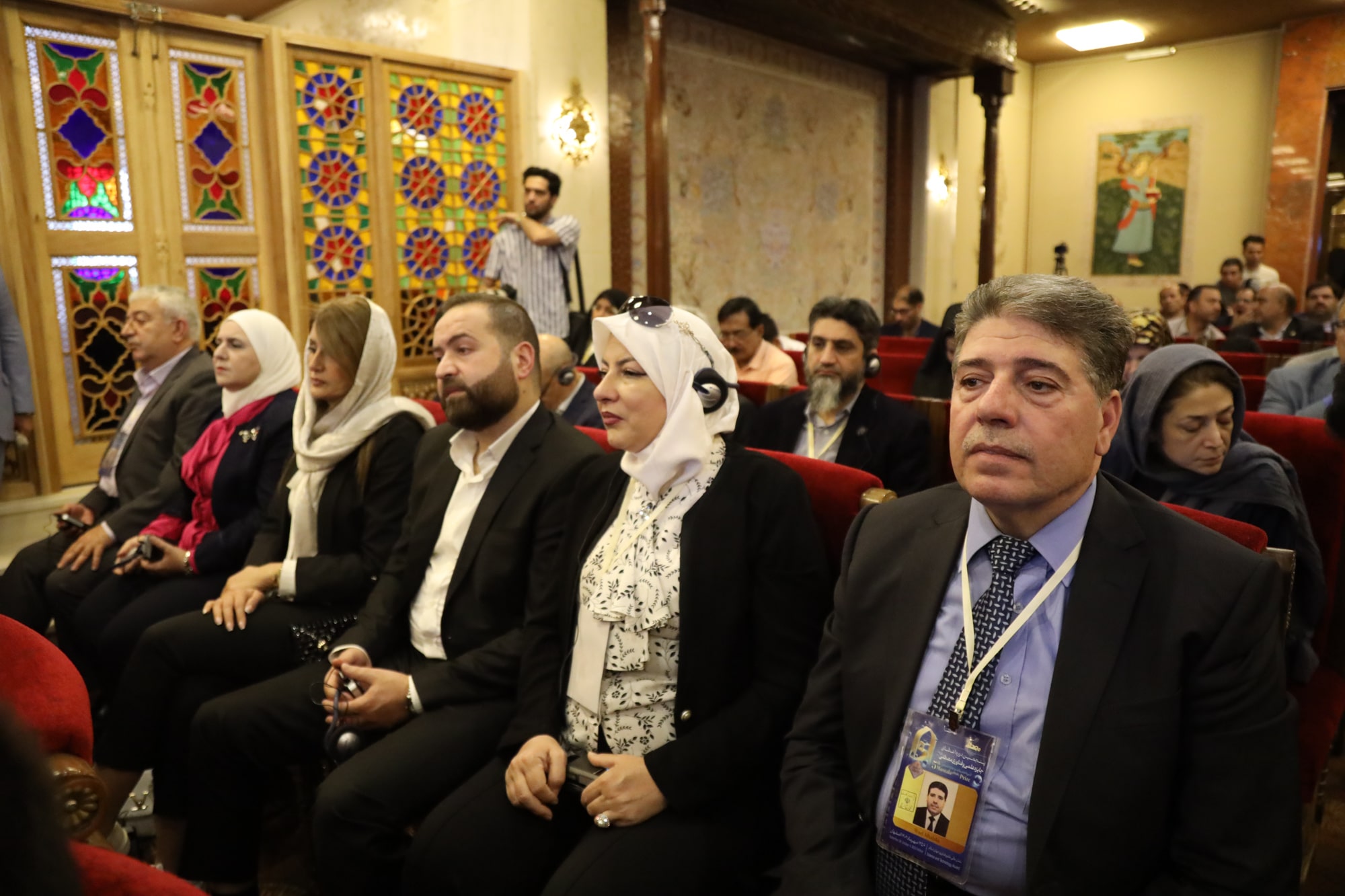TOP STORIES

This A*Star Scientist Led The Singapore Team That Developed A 5-Minute Rapid Test For COVID-19
September 9, 2020
Since the coronavirus pandemic hit, scientists in Singapore have been working tirelessly around the clock, racing to develop a potential vaccine, as well as faster diagnostic and screening tests. Professor Jackie Ying, Head of Nanobio Lab at A*STAR, and a Great Women of Our Time Awards alumnae, has been at the scientific forefront of the fight against COVID-19. Together with her team of researchers, her lab developed a point-of-care rapid test that can tell you if you have COVID-19, in as little as five minutes.
Standard lab tests require the use of specialised machines and take about two to three hours to show results. If samples need to be transported, the turnaround time is even longer. As the pandemic grows, testing has become an increasingly important way to contain the spread.
“The challenge has been to develop rapid and accurate diagnostics that can be done without the use of expensive machines,” says Professor Ying, whose rapid test kit allows cases to be picked up earlier and promptly isolated, thereby preventing potential spread.
“From a research standpoint, we’ve been doing a lot of work with diagnostics. During COVID-19, everything was disrupted, including our supply chains,” Professor Ying shares. “If we wanted to design something from chemical reagents to the oligonucleotides, we ended up having to wait for more than three weeks (instead of the usual one week) for things to arrive. So from chemicals to biologics, we ended up synthesising a lot of reagents and materials ourselves. But we’ve become a lot more self-reliant as a result! This is something I also see in Singapore as a nation, and it would be interesting to see how this gets folded into the narrative in the long run.”
“We very much like to create a culture in our lab where people work together very closely and learn to understand different perspectives,” says Professor Ying, “We have a lot of staff who have been with us for many years and we really value that we are more like a big family.”
In addition to Professor Ying’s work with COVID-19 testing, her lab is also working on agritech. “This is something very interesting!” she says, her face lighting up. “We’re looking at developing new materials that can wrap around seeds to introduce nutrients like biofertilizers, instead of synthetic fertilizers like chemicals. We realised that this allows seeds to sprout and grow more easily, as these biofertilizers will continue to grow with the roots,” Professor Ying explains.
“We wanted to make sure that we were able to continue with the research during the Circuit Breaker, so we worked very closely with our industrial partners, like the farms which gave us a lot of seeds.”
With a chuckle, she adds, “We were doing a lot of farming during the Circuit Breaker! But it was something everyone felt was important. For instance, when supply chains are disrupted during a lockdown, some of your favourite foods may be out of stock at the supermarket, and when that happens, you’ll have to find substitutes, right?” So COVID-19 has reminded us just how critical food sources are, because we’ve experienced it ourselves.”
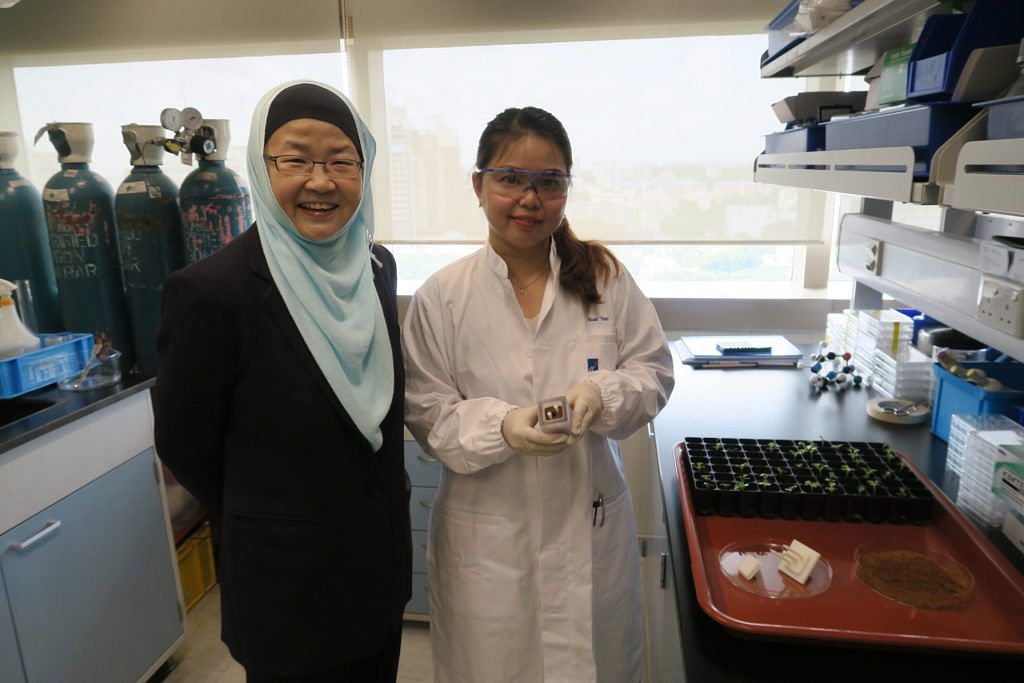
Agritech – the use of technology in agriculture to maximise yields and efficiency, is an area of food sustainability that Professor Ying and her team are working on.
Professor Ying’s lab is also working on batteries and energy storage. “Phones and technology have become such an intricate part of our lives,” she points out. “So much so that we feel like we can’t survive without our phones when they run out of battery!
“Energy storage is a critical issue, so we are actively doing a lot of work and trying to combine that with the knowledge that global warming and climate change is going to have a major impact on us – not just in our daily lives but on the economy as well, because governments may have to impose major taxes on emissions, especially for fossil fuels. So how can we generate cleaner energy and storage? If anything, COVID-19 has affirmed the importance of living a more productive and sustainable life.”
While research breakthroughs are very rewarding, Professor Ying cites mentorship as something that also fulfils her tremendously. “I’m very glad to be in Singapore, developing new talents in science and research,” says Professor Ying, “My colleague, Noreena AbuBakar, and I started a youth research programme in 2003 to get young people excited about research. Over the years, the programme has expanded to include many others who have done research with us.
“As a mentor, you have to guide your mentees and show them a bigger perspective of what you’re trying to do,” she says. “We also work with a lot of young post-docs in exciting ways that show them that there is more to the fundamental research we do – there is also the commercialisation of technologies. I think that this is a very important aspect when it comes to nurturing young people, especially when they are doing their PHD.”
“Mentoring really requires a lot of skills,” the mum-of-one says reflectively. “The most important part is the intention, it’s like coaching an Olympic team. You’ll be driving them very hard, and they have to work with you to achieve the goals. Some of them might find that this is not what they want to do, while others might have the interest but lack the ability to do something. And then there are those who might be very focused on the one thing that they know they can deliver, but they’re not looking at something that would be more important in the long term. So you need to nurture them.
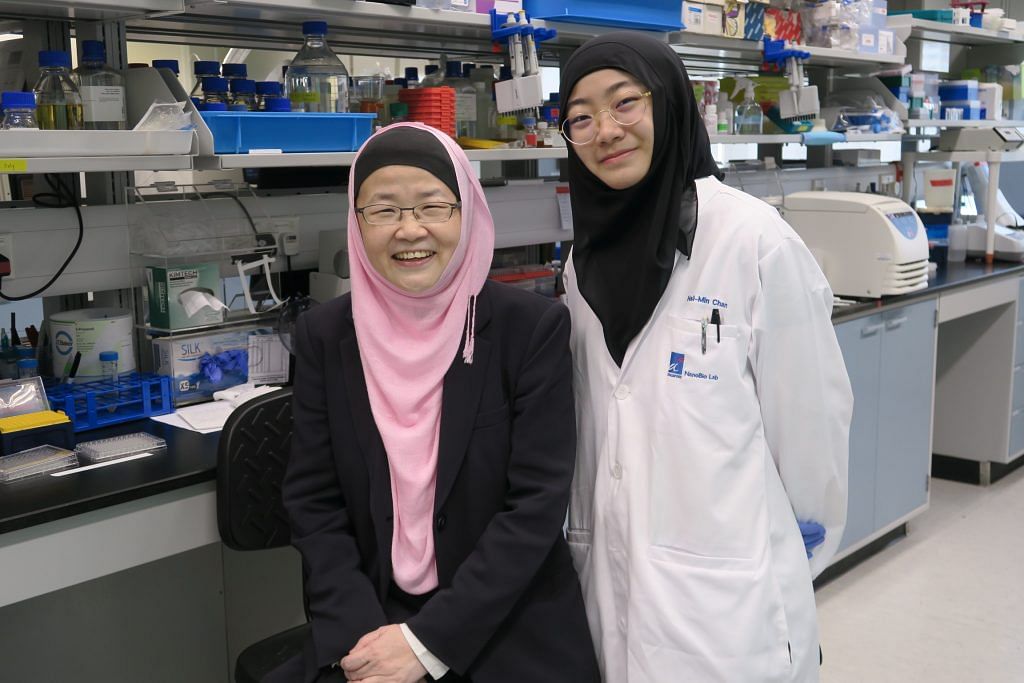
Professor Jackie Ying, who has won a string of international awards for her inventions, has inspired her daughter, Hsi-Min’s interest in the STEM industry.
As the head of NanoBio Lab, and a mum to a teenager, Professor Ying balances a full plate every day. But she takes it all in her stride with a patience and wisdom that points to the depth of her inner strength.
“There are many things that I think our generation finds particularly difficult because we are seen as independent professional working women, yet we have many things to juggle at home. It really is a huge challenge,” she says with introspection.
“I don’t have a good answer to that. I think, what we try to do, is we do the things we find are meaningful, and that’s really important. Of course, there are times when things don’t turn out so well and that’s when we have to pull ourselves back and say, ‘Stop complaining about it. We need to move on to something else and see the big picture.’ Because when you’re able to do that, you’ll realise that there are many things that you might think are important at that point in time, but looking back, you’ll realise in hindsight that they didn’t really matter very much.”
The Great Women Of Our Time Awards 2020 is brought to you by the presenter, Lancôme.
News Source: womensweekly



